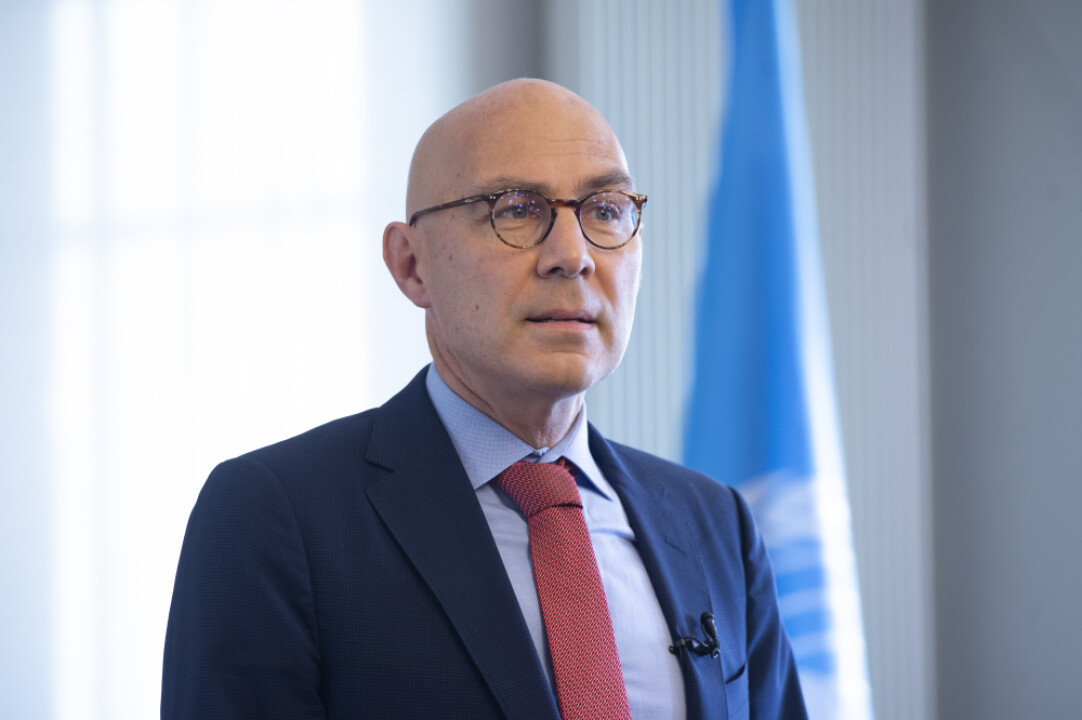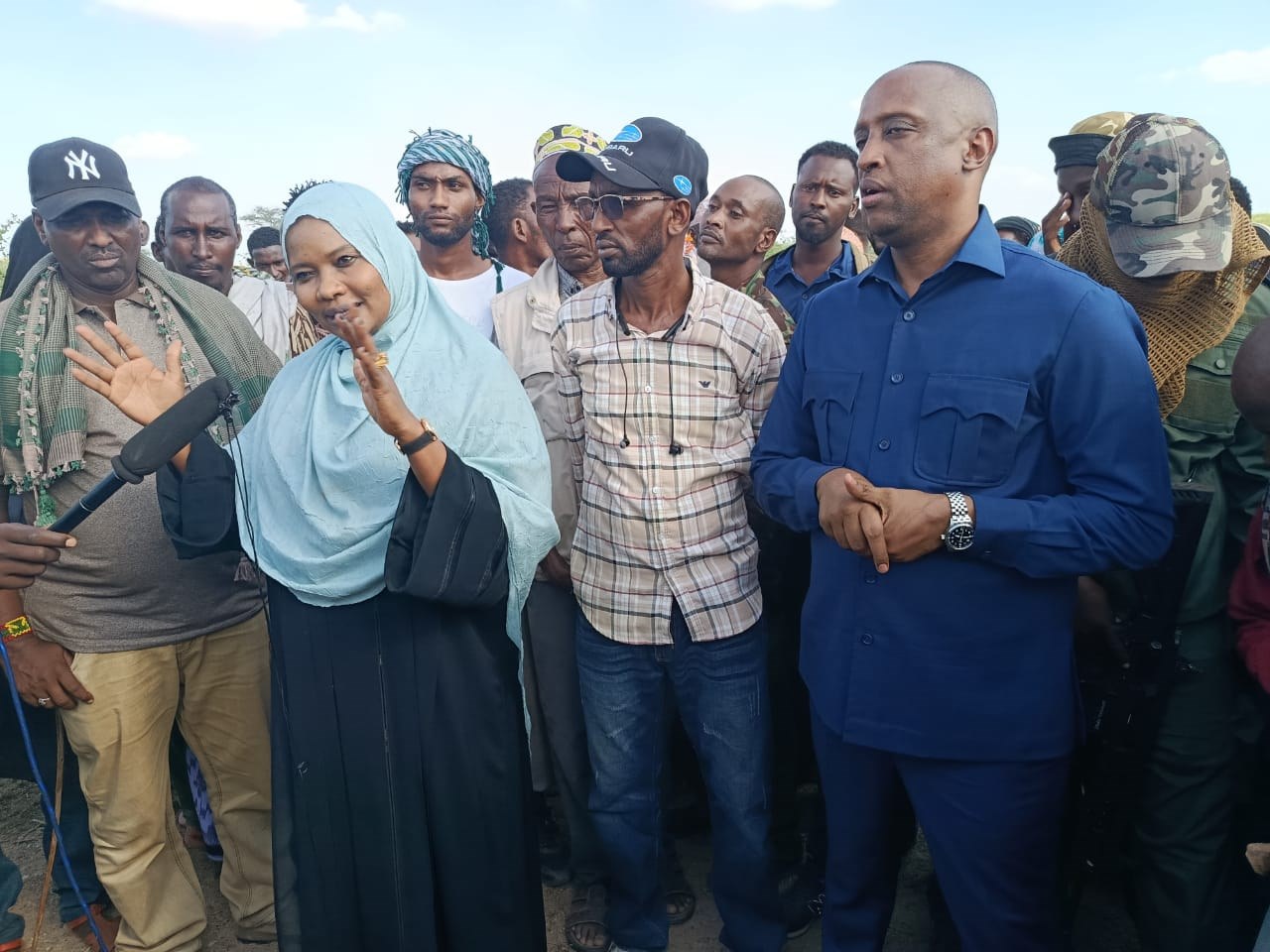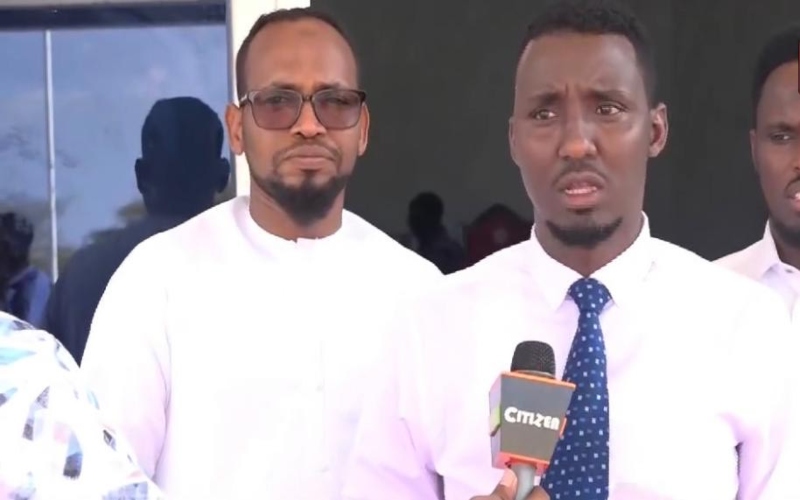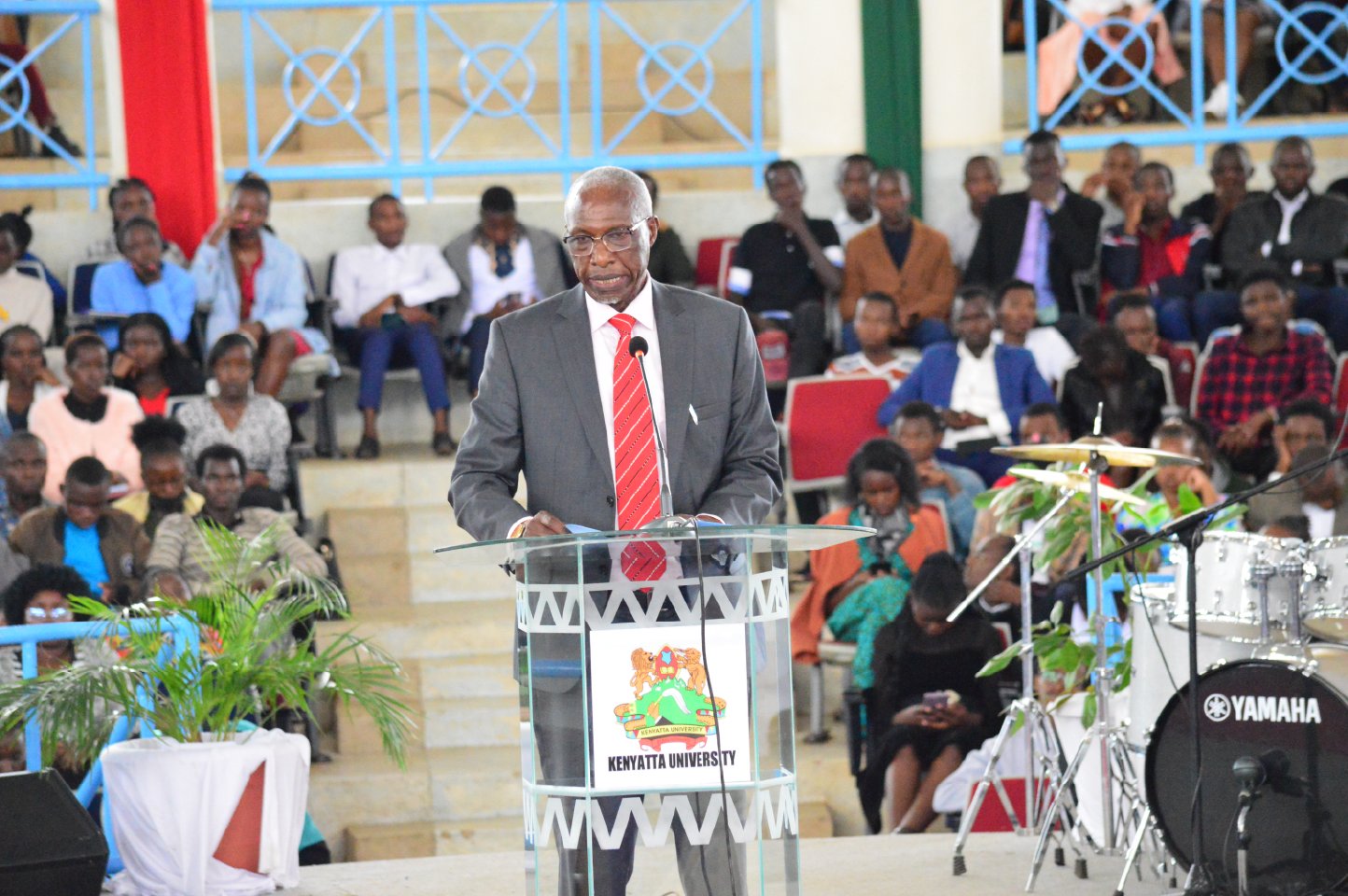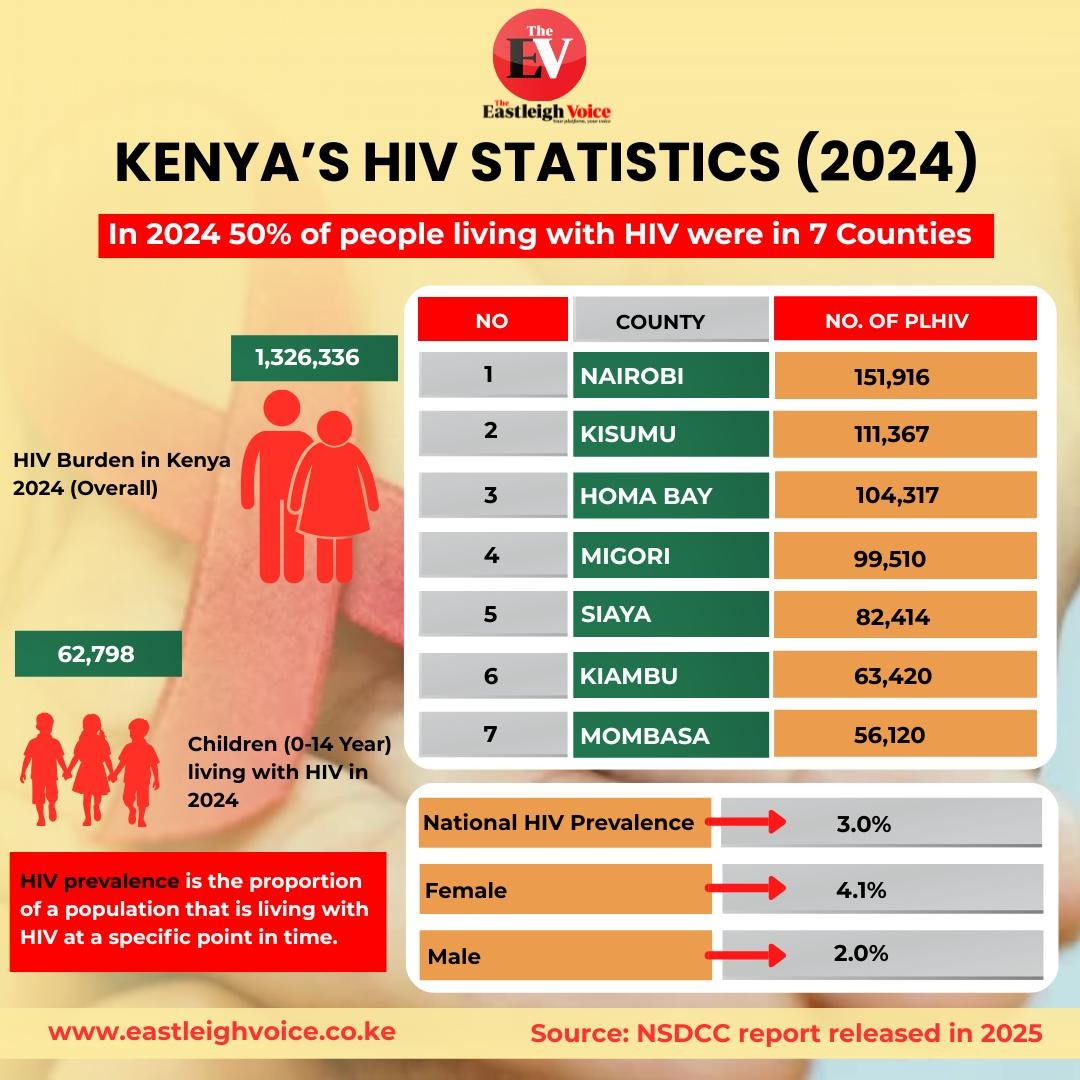Barasa faces tough questions from MPs on transition from NHIF to SHIF
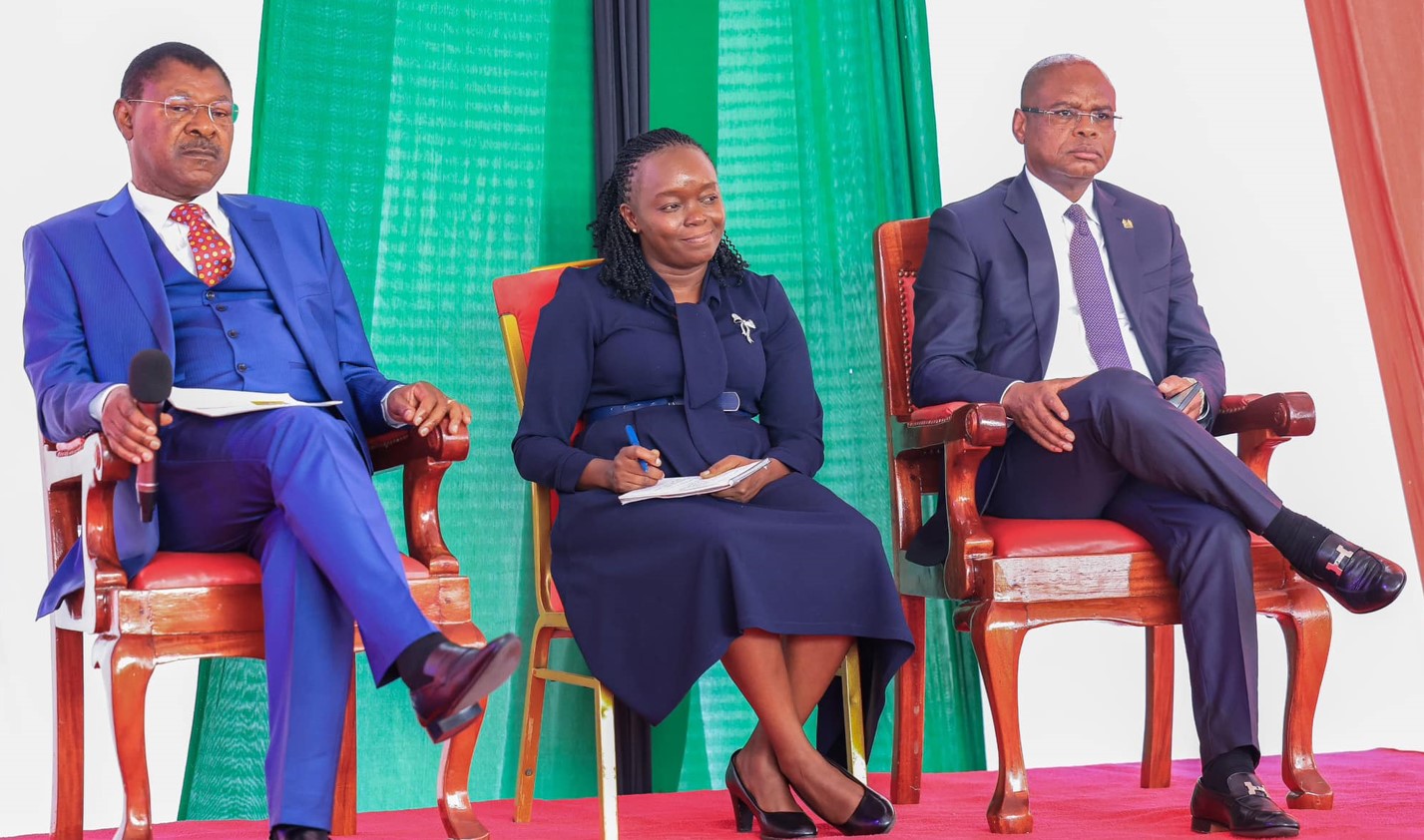
Nairobi Senator Edwin Sifuna demanded accountability for lives lost during the transition.
Members of Parliament and Health Cabinet Secretary Deborah Barasa met on Tuesday in a heated session to address the challenges of the newly introduced Social Health Insurance Fund (SHIF).
The informal ‘Kamukunji’ highlighted widespread dissatisfaction with the implementation of the programme which replaced the National Health Insurance Fund (NHIF) in September.
More To Read
- MPs demand SHA clears Sh10 billion in pending NHIF bills within three months
- TSC confirms shift to SHA cover for teachers from December 1
- Young people must lead HIV fight, says PS Ouma Oluga
- MPs outline conditions to be met before forests can be degazetted
- Court of Appeal postpones hearing on constitutionality of Health Acts
- Kenya steps up border checks as Ethiopia confirms outbreak of Marburg Virus Disease
The meeting revealed deep concerns about the rushed rollout of SHIF, technical inefficiencies, and the impact on grassroots healthcare delivery.
Lawmakers questioned the lack of public awareness and criticised the Ministry of Health for inadequate planning.
Majority Leader Kimani Ichung'wah insisted on the need for public sensitisation to dispel misinformation about SHIF.
"You need to do a lot of public sensitisation on the benefits of the Social Health Insurance Fund. Use MPs, their constituencies, and Senators who defend county governments," he said.
The Kikuyu MP also highlighted tensions between national and county governments over the administration of health services, urging collaboration to ensure funds reach healthcare facilities effectively.
Registration challenges
Nominated MP Sabina Chege raised concerns about registration challenges, particularly for elderly citizens who lack documents like marriage certificates.
"I tried registering the elderly, and it gave errors. For example, when they ask for a marriage certificate, many of our old people don't have one," she stated.
Minority Chief Whip Millie Odhiambo pressed for clarity on the fate of NHIF employees, who have been temporarily reassigned to public service for six months.
Senate Majority Leader Aaron Cheruiyot sought assurances on the standardisation of medical costs under SHIF.
"Previously, facilities billed NHIF different costs for the same procedure. Can you confirm that costs have now been standardised?" he inquired.
Accountability for lost lives
Nairobi Senator Edwin Sifuna demanded accountability for lives lost during the transition.
"If you are admitting there was a challenge with the transition and there were lives lost, who takes responsibility for that?" he asked.
Defending the new system, CS Barasa highlighted its potential to revolutionise Kenya's healthcare sector.
"There are many patients who are forced to go back home after seeking treatment because they cannot afford it, especially in hard-to-reach areas," she said.
Barasa called on MPs to support SHIF, emphasising its goal of achieving universal healthcare by 2030.
She also assured lawmakers that the government was addressing key issues, including registration errors and public misinformation.
The CS clarified that while NHIF continues to cover maternity care under the Linda Mama programme, SHIF now provides comprehensive coverage for entire households.
National Assembly Speaker Moses Wetang'ula and his Senate counterpart Amason Kingi urged MPs to work with the Ministry of Health to educate Kenyans about SHIF.
"We need to work together to help Kenyans access this medicare rolled out by the government," Wetang'ula said.
Barasa reiterated her appeal for patience, assuring legislators that challenges were being resolved.
"We believe that as leaders, you can use your offices to support the process of registration," she said.
Despite assurances from the Health CS, lawmakers remained sceptical about SHIF's viability in its current form.
With widespread concerns over registration, healthcare costs, and accountability, the government faces mounting pressure to address systemic flaws and win public trust in its flagship health project.
Top Stories Today

